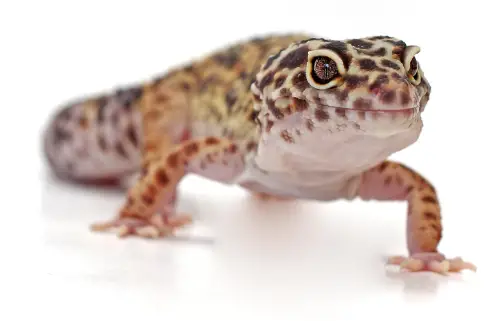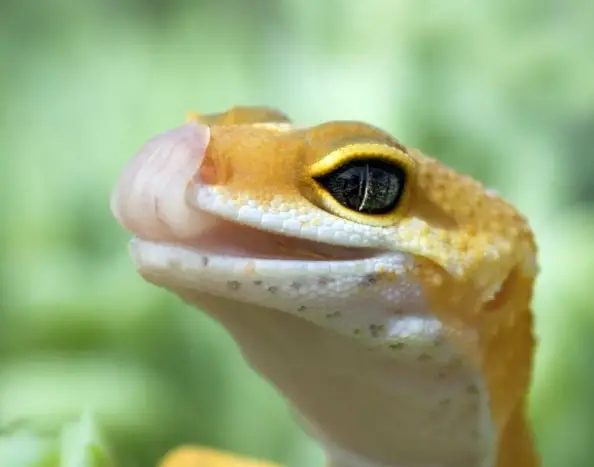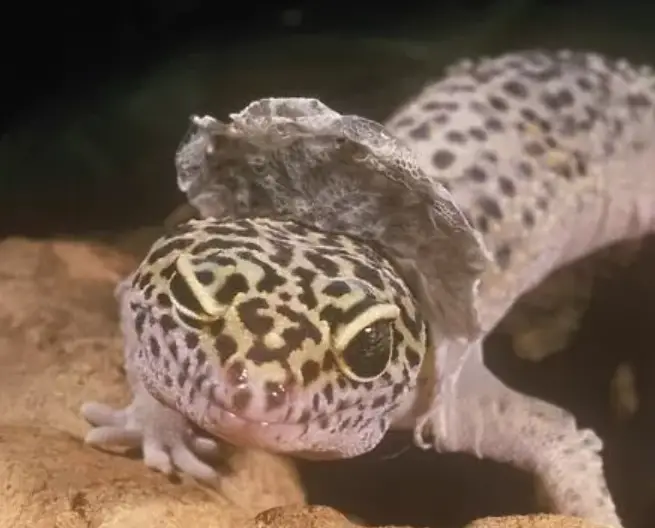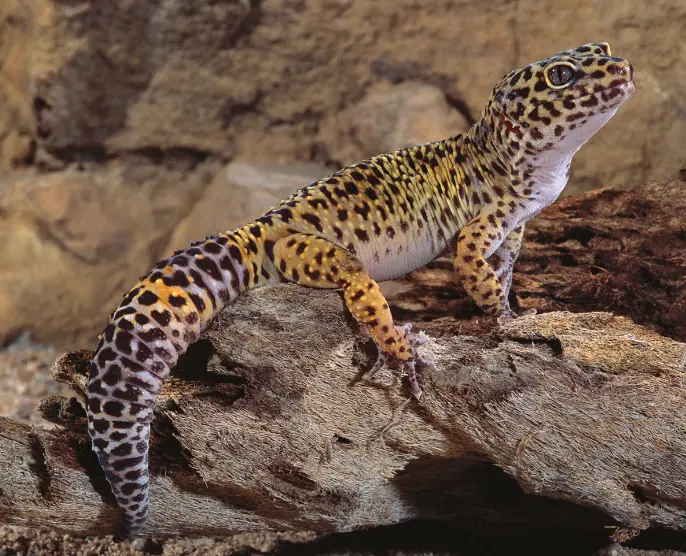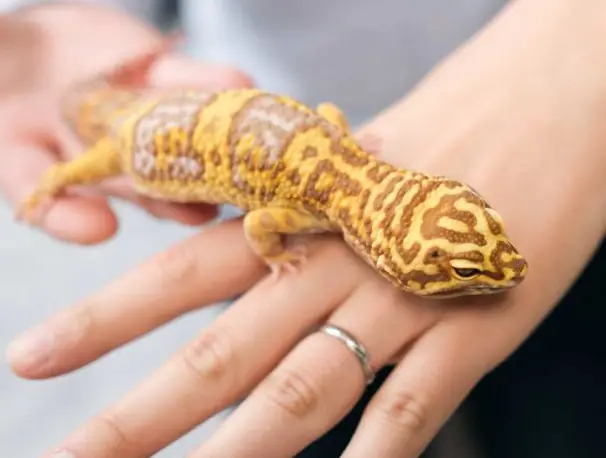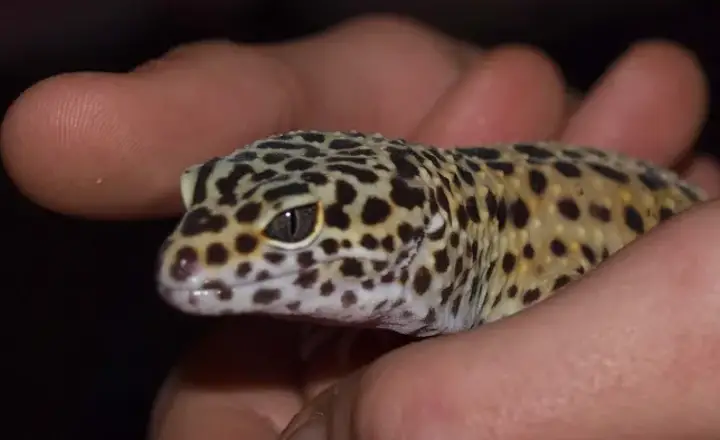Leopard geckos are fascinating creatures that make great pets for beginner reptile owners. Not only are they easy to care for, but they are also incredibly adorable with their unique patterns and docile nature. However, as with any pet, proper feeding is essential for their health and wellbeing. In this article, we will provide some essential leopard gecko feeding tips for beginners to ensure that your pet is getting the nutrition it needs to thrive. From selecting the right food to creating a feeding schedule, we will cover everything you need to know to keep your leopard gecko happy and healthy. Whether you are a first-time owner or just looking to improve your current feeding routine, these tips will help you provide the best care for your beloved pet.
What should I feed my leopard gecko?
Leopard geckos are insectivores, meaning they primarily eat insects. The best food for your leopard gecko is live insects, such as crickets, mealworms, super worms, and dubia roaches. These insects provide the essential nutrients, vitamins, and minerals that your leopard gecko needs to stay healthy.
How often should I feed my leopard gecko?
Leopard geckos should be fed every day or every other day. However, the amount and frequency of feeding depend on your leopard gecko’s age and size. Younger geckos require more frequent feedings than older geckos. A general rule of thumb is to feed your gecko as many insects as they can eat in 10-15 minutes.
How do I gut-load my feeder insects?
Gut-loading is the process of feeding the insects a nutritious diet before feeding them to your leopard gecko. This process ensures that the insects are packed with nutrients that your gecko needs. You can gut-load your feeder insects by feeding them high-quality foods, such as fresh fruits, vegetables, and commercial gut-loading diets.
How do I dust my feeder insects with supplements?
Supplements are essential for your leopard gecko’s health. They provide the vitamins and minerals that your gecko may not get from their diet. To dust your feeder insects with supplements, simply place a small amount of the supplement powder in a plastic bag with the insects and shake them until they are coated. Some recommended supplements for leopard geckos include calcium powder, multivitamin powder, and vitamin D3.
What should I do if my leopard gecko isn’t eating?
If your leopard gecko isn’t eating, it could be due to stress, illness, or improper temperature and lighting. Make sure your gecko’s enclosure is set up correctly, and the temperature and lighting are appropriate. Also, ensure that the food you’re offering is the correct size and type. If your gecko still isn’t eating, consult with a veterinarian who specializes in reptiles.
Can I feed my leopard gecko fruits and vegetables?
While leopard geckos are primarily insectivores, they can eat some fruits and vegetables as treats. Some good options include mashed bananas, pureed pumpkin, and diced squash. However, fruits and vegetables should only be given in small quantities, and they should not replace live insects as the primary food source.
Can I feed my leopard gecko pinky mice?
Some leopard gecko owners may consider feeding their gecko pinky mice. However, this is not recommended. Leopard geckos are not designed to eat rodents, and feeding them pinky mice can lead to health problems, such as obesity and fatty liver disease.
What should I do if my leopard gecko becomes impacted?
Impaction is a common problem in leopard geckos that occurs when they ingest a substrate that they can’t digest. To prevent impaction, avoid feeding your gecko in a substrate that they can accidentally ingest, such as sand or gravel. If your gecko becomes impacted, seek veterinary care immediately.
What should I do if my leopard gecko regurgitates its food?
Regurgitation is the involuntary expulsion of food from the stomach. If your leopard gecko regurgitates its food, it could be a sign of a health problem. Possible causes include stress, improper temperature and lighting, and an underlying illness. If your gecko regurgitates its food, stop feeding it for 24-48 hours to allow its digestive system to settle. If the problem persists, consult with a veterinarian who specializes in reptiles.
How do I know if my leopard gecko is overweight?
Overweight leopard geckos are at risk of developing health problems, such as fatty liver disease and metabolic bone disease. To determine if your gecko is overweight, check its body condition regularly. A healthy leopard gecko should have a visible waistline, and its body should be slightly rounded. If your gecko has no visible waistline and its body is very round, it may be overweight. In this case, consult with a veterinarian who specializes in reptiles to develop a weight loss plan.
Conclusion
Feeding a leopard gecko requires some knowledge and effort, but it’s essential for keeping your pet healthy and happy. By following these leopard gecko feeding tips for beginners, you can ensure that your gecko gets the proper nutrition it needs. Remember to provide a varied diet of live insects, gut-load your feeder insects, dust them with supplements, and avoid feeding your gecko foods that can cause health problems. With proper care, your leopard gecko can live a long and healthy life.
